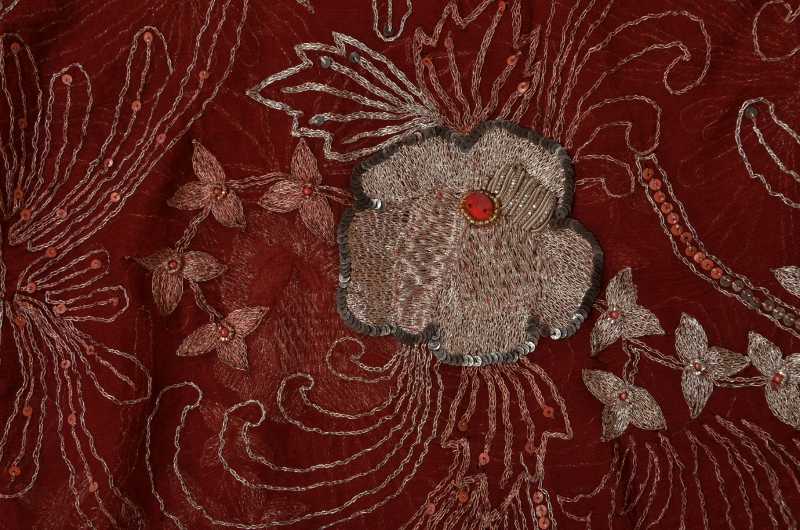===
0233,
1
===

=== |
 |
āṡār : 'Footprints, vestiges, tracks, traces, marks, signs, tokens, remains, relics, monuments or memorials; effects; impressions; indications of state or condition, promises, symptoms; ... origin; basis, foundation (of a building, &c.); breadth of a wall'. (Platts p.22)
hanūz : 'Yet; still; further; just now, at present; hitherto, to this very time'. (Platts p.1239)
FWP:
SETS == MULTIVALENT WORDS ( hanūz ); MUSHAIRAH
MOTIFS == [DEAD LOVER SPEAKS]
NAMES
TERMS == ZILAThe refrain of this ghazal, hanūz , means basically (see the definition above) either 'still' or 'now'. It's easy to see how the choice of readings would rebalance the verse. If the doors and walls are 'still' wet with blood, then the emphasis is on the duration of time (did the speaker die only recently? is the speaker boasting of the durability of his 'traces'?). If the doors and walls are 'now' wet with blood, then the emphasis is on a change of state: the speaker is proud to have made a real difference: the doors and walls are no longer wood-colored or whitewashed, but are red. Similar 'still/now' possibilities are created in the other verses of this ghazal as well. It seems clear that Mir valued this effect: of the twenty ghazals he composed with refrains ending in ze , it's striking that fully seventeen of them end in hanūz . On another common effect of hanūz , its shifting of verbs toward the present, see {1624,1}.
The secondary meaning of āṡār as 'wall' and 'foundation' (see the definition above) indeed doubles its pleasure. The moral is that when dealing with a poet like Mir, it's helpful to look up even words we think we know, because they may have wonderful possibilities of enrichment lurking in their second or third meanings.
This is also what I call a 'mushairah' verse, or a '1,2' verse. The first line sounds like a sort of boast or proud assertion: the speaker claims to have made a mark in the world, to have left traces that remain even after his death. Under mushairah performance conditions, we'd be made to wait as long as conveniently possible before we learned from the second line what those marks or traces might be. And then of course we'd discover that they consist of bloodstains on the walls and doors. That is, of marks and traces that are undesired, unadmired, and also extremely transient, since surely they will evoke shudders of distaste (or pity) and will be scrubbed away as soon as possible. This doesn't sound like the kind of memorial one would boast about, or even care to mention.
And yet-- what better memorial could the true lover ever want? He wants it just as surely as the Moth wants his memorial to be a tiny flare of flame and puff of ashes. And why should he not be proud of carrying his passion to its necessary and proper end?